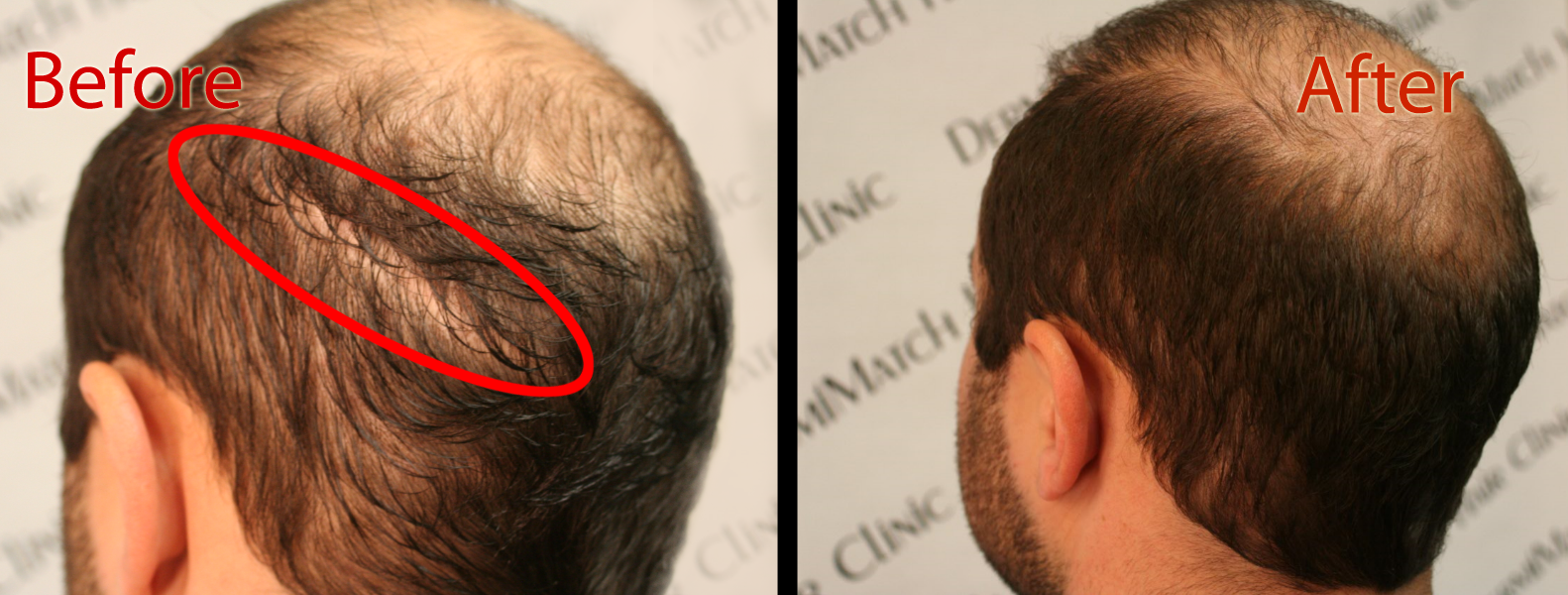For many, hair loss is a distressing experience, impacting confidence and self-esteem. While genetics and medical conditions play a significant role, chronic stress can also be a major contributor. The good news is that by proactively managing stress, you can take charge of your hair health and potentially reduce hair loss. So let’s explore this connection between stress management and hair loss.
Understanding Stress Management and Hair Loss
Our bodies react to stress through a complex hormonal cascade. Under chronic stress, the body releases cortisol, a hormone that can disrupt the hair growth cycle.
Research suggests cortisol shortens the active hair growth phase (anagen) and pushes more follicles into the resting phase (telogen), ultimately leading to increased shedding. Additionally, stress can exacerbate skin conditions like scalp psoriasis, further contributing to hair loss.
Studies consistently support the stress-hair loss connection. A 2019 study published in the Journal of the American Academy of Dermatology found individuals with higher perceived stress levels were more likely to experience hair loss. Another study published in the International Journal of Trichology in 2017 demonstrated that chronic stress can trigger alopecia areata, an autoimmune disorder causing hair loss.
Taking Charge: Managing Stress for Healthier Hair
Fortunately, various evidence-based techniques can help manage stress and potentially improve hair health.
Relaxation Techniques for stress management and hair loss
Mindfulness and Meditation: Studies have shown that mindfulness meditation reduces stress and promotes hair growth. A 2016 study in Psychosomatic Medicine found that mindfulness-based stress reduction led to increased hair growth in women with alopecia areata. Spending 10-20 minutes daily for a mindful breathing or guided meditation session can help.
Yoga and Tai Chi: These practices combine physical postures, breathing exercises, and meditation, effectively reducing stress and potentially benefiting hair health.
Deep Breathing Exercises: Simple deep breathing exercises activate the parasympathetic nervous system, promoting relaxation and counteracting the stress response. Practice diaphragmatic breathing for a few minutes several times a day.
Lifestyle Adjustments
Regular Exercise: Stay active and exercise daily
Prioritize Sleep: Aim for 7-8 hours of quality sleep each night. Studies show sleep deprivation can exacerbate stress and negatively impact hair health.
Eat a balanced diet: Include micro and macronutrients in your diet.
Limit Caffeine and Alcohol: Excessive intake can worsen stress and disrupt sleep, impacting hair health. Moderate your intake or consider alternatives like herbal teas.
Seek Professional Help
If you’re struggling to manage stress on your own, consider seeking professional help from a therapist or counselor. They can provide personalized strategies and techniques for stress management. Cognitive-behavioral therapy is particularly effective for stress management and hair loss.
But if that doesn’t help and you continue to experience hair loss, look for alternative therapies that can help revive your self-confidence.
Managing stress requires dedication and effort, but sometimes the root cause of hair loss is not stress but a multitude of factors. So, it might help you to learn to manage stress, take control of your hair health, and choose techniques that will hide hair loss and help you regain the lost confidence.
How Does SMP Help?
Scalp micropigmentation is one such technique that effectively hides hair loss and provides you with a look that doesn’t remind you of hair shedding.
Get expert help at DermiMatch Clinic. Its team of SMP artists in Phoenix is trained to do the job perfectly. Get relief from hair loss now.

